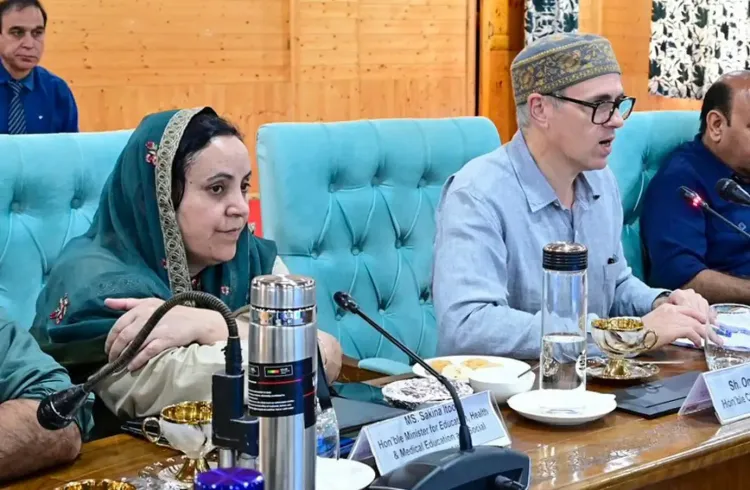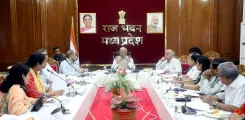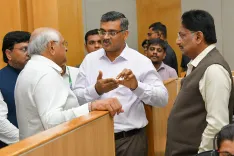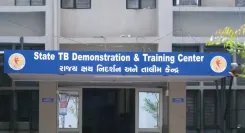How Much Has the Omar Abdullah-led Government Invested in Healthcare in J&K?

Synopsis
Key Takeaways
- Rs 124.83 crore allocated for healthcare improvements.
- Increase in medical colleges from 4 to 11.
- Over 1400 MBBS seats now available.
- Expansion of telemedicine services across J&K.
- Focus on enhancing access to mental health services through Telemanas.
Srinagar, Sep 12 (NationPress) The Jammu and Kashmir Health Minister, Sakina Itoo, announced on Friday that the government led by Omar Abdullah has allocated Rs 124.83 crore to enhance the healthcare infrastructure in the region.
Sakina Itoo shared on X: “As promised by the Hon’ble Chief Minister during the Budget Speech, we have dedicated Rs 124.83 Cr for critical improvements in J&K’s health services: including CT Scans at GMC Jammu, MRI machines at GMC Baramulla, GMC Kathua, and GMC Rajouri, a Cath Lab at GMC Doda, a PET Scan at GMC Srinagar, and enhancing Telemedicine across J&K (80 units). We are committed to providing stronger and more accessible healthcare.”
The central government has recently increased the number of MBBS seats in J&K by 50, ensuring that trained medical professionals are available even in the most remote areas of the Union Territory.
Over the past decade, the total count of medical colleges in J&K has risen from four to eleven.
These eleven institutions include renowned facilities such as the Sher-i-Kashmir Institute of Medical Sciences (SKIMS) and AIIMS Jammu, along with other government medical colleges in districts like Anantnag, Baramulla, Kathua, Rajouri, Doda, Handwara, and Udhampur.
Currently, there are over 1400 MBBS seats available across these medical colleges. Additionally, nursing colleges in J&K offer 1300 seats in the government sector and 2000 seats in the private sector.
Healthcare services have become more accessible even in the most isolated regions of J&K, where primary health centers are staffed with trained medical officers.
Each district boasts a sub-district hospital and a district hospital equipped with both outpatient and inpatient care facilities.
The healthcare framework in Jammu and Kashmir comprises a three-tier system consisting of public and private facilities, bolstered by government initiatives like Ayushman Bharat and the National Health Mission (NHM), which aim to enhance infrastructure and healthcare access.
While there has been substantial progress in financing, infrastructure development, and health record digitization, challenges such as a shortage of specialists, particularly in rural settings, persist.
The sector is adopting innovative solutions, including tele-mental health services via Telemanas, and is investing in oxygen generation and ambulance services to cater to urgent needs.
Government-backed initiatives like Ayushman Bharat (including PMJAY SEHAT) are crucial in expanding health coverage and enhancing affordability, while the NHM provides various healthcare services.
The government continues to prioritize infrastructure expansion, including the construction of hospitals, public health centers, and specialized facilities such as AIIMS Awantipora.
Bed capacity has seen a significant increase, now totaling 21,966. Progress in digitizing the sector includes the establishment of over 72 crore Ayushman Bharat Health Accounts under the Ayushman Bharat Digital Mission.
Investments have been made to enhance emergency response capabilities, including deploying a large fleet of ambulances and boosting medical oxygen generation capacity.
The introduction of ‘Telemanas’, a round-the-clock tele-mental health service, seeks to deliver affordable and accessible mental health care across J&K.









